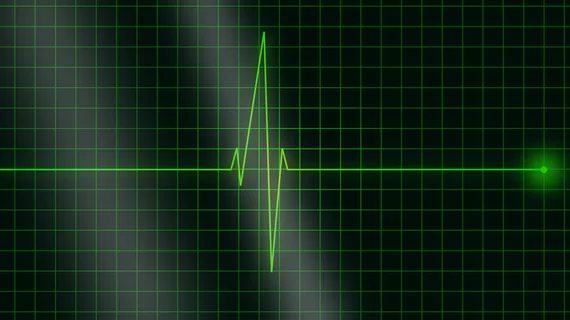What new research tells us about catheter ablation and atrial fibrillation
Treating atrial fibrillation (AF) patients with catheter ablation is associated with a decreased risk of mortality, heart failure admission and stroke, according to new findings published in the Journal of the American Heart Association.
“Catheter ablation for AF is superior to antiarrhythmic drugs in decreasing AF recurrences, prolonging the time in sinus rhythm, and improving the quality of life of patients,” wrote first author Pil‐Sung Yang, MD, Cha University in South Korea, and colleagues. “However, its effects on other clinical outcomes are not well established.”
In recent years, the authors explained, some clinical trials have found that ablation can lead to better outcomes for AF patients. Other studies, however, have had more mixed results, leading to an uncertainty surrounding the relationship between this treatment method and the overall health of patients with a history of AF.
For this study, the team explored data from the Korean National Health Insurance Service Database, assessing more than 27,000 patients with newly diagnosed AF who were treated between Jan. 1, 2005, to Dec. 1, 2015.
While more than 18,000 of those patients were treated with antiarrhythmic or rate control drugs, more than 9,000 were treated with catheter ablation. The study’s primary outcome was an endpoint of all-cause death, heart failure and ischemic stroke/systemic embolism.
Overall, after a median follow-up period of 43 months, catheter ablation was associated with a 53% lower risk of that primary outcome than treatment with antiarrhythmic or rate control drugs. Ablation was specifically linked to a 59% lower risk of all-cause death.

